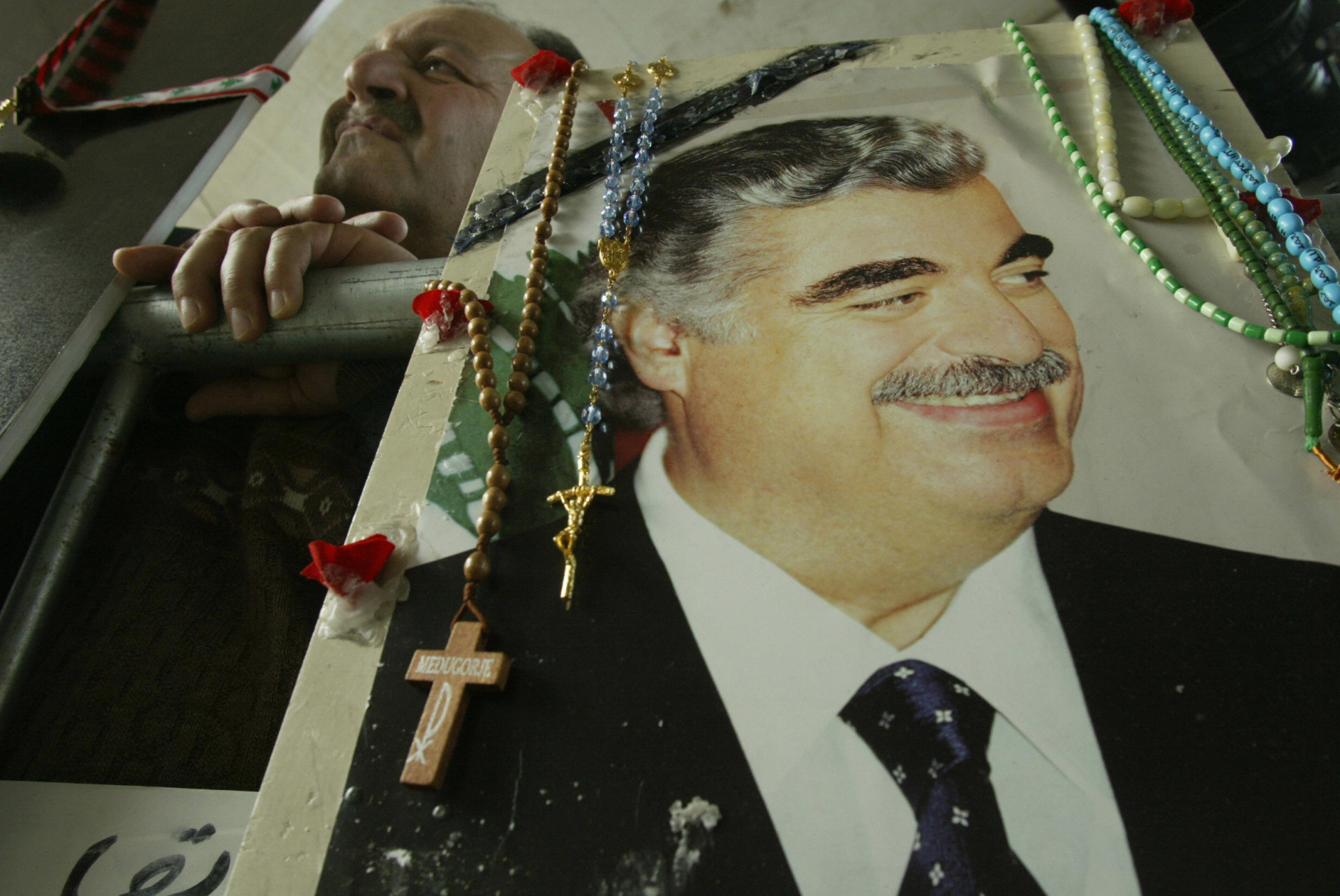When the International Criminal Court was founded in the 1990s, it was designed on the idea that holding people accountable and creating an archive of criminality would serve to deter future crimes — but more importantly that could set up a foundation for societies to move forward on the basis of truth about their past.
What we’ve seen over the past 25 years or so in what many people thought would be an era of accountability is that many of those hopes and dreams are not reflected in reality.
David Kaye served as the U.N. special rapporteur for freedom of opinion and expression. In this podcast with New Lines’ Kareem Shaheen, he discusses justice and accountability for crimes in the Middle East; why justice is so essential for neighbors to keep living together; and why the phrase, “the walls have ears” is so common in the Middle East.


